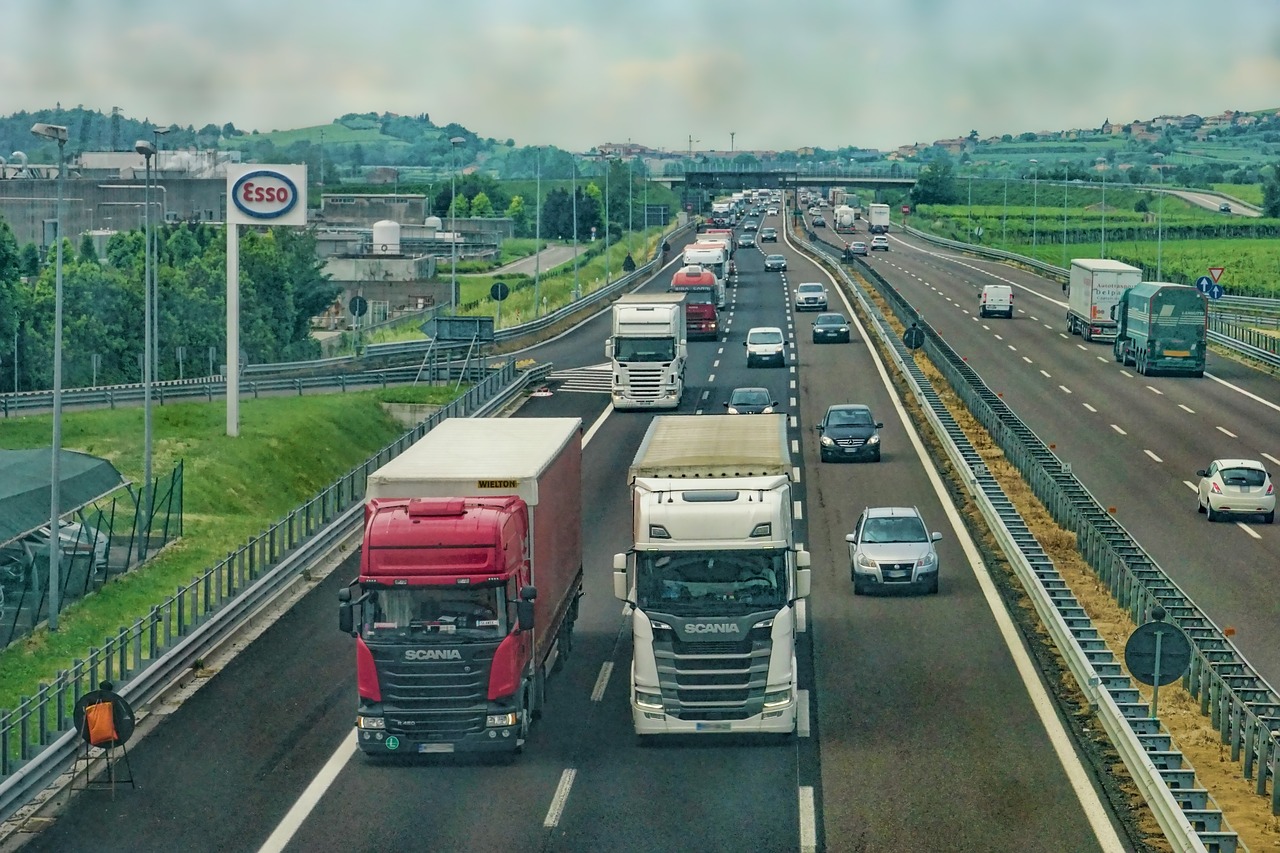
For the first time, binding CO2 limits for trucks and buses apply in the EU. That’s what the European Parliament decided. MEPs praised the decision as a „milestone“. Criticism comes from the manufacturers.
The vote of the European Parliament was clear: MEPs voted in favor of reducing CO2 emissions from new trucks. By 2025 on average by 15 percent compared to today – and by 2030 by 30 percent. For the first time, it is no longer just CO2 limits that apply to new cars, but also to trucks and heavy commercial vehicles.
EU Commissioner responsible, Miguel Arias Canete, expects what that will bring: „With the agreed targets, transport emissions will decrease by 24 percent by 2030 compared to 2005.“
„Milestone on the road to cleaner mobility“
The new CO2 limits for trucks have been struggling similarly to stricter requirements for new cars. In the end, there was a compromise between the EU Parliament and the Member States, which MEPs still had to confirm today and with which many can live well. Tiemo Wölken of the SPD, for example, speaks of a „milestone on the way to clean mobility“.
The MEP Peter Liese of the CDU believes that all sectors in the transport sector should make a contribution to climate protection. But he thinks well that the limits have not turned out sharper. Especially since the conversion to low-emission vehicles – such as electric trucks – for the manufacturers a major challenge means: „To achieve 15 percent emission reduction by 2025 is athletic and it is reasonable that we have not gone beyond.“
Green MEP Bas Eickhout would have liked to see that. But he, too, is satisfied with the result and that there will be CO2 limits for trucks and heavy commercial vehicles such as buses in the future. For Eickhout, the ruling is a clear signal: „It is important that manufacturers have a clear vision in the long term, that they know where to invest, to ensure that the transport sector is also cleaner.“
Criticism of manufacturers and associations
From manufacturers and associations, however, there had already been a lot of criticism in the run-up to the vote. Among other things, the Association of the Automotive Industry today pointed out that manufacturers have been reducing the CO2 emissions of new trucks for several years now. The agreed specifications were too ambitious and arbitrarily defined. It also lacks a Europe-wide infrastructure, for example, to charge electric trucks.
The very last word is not yet spoken at the limits. After today’s vote by Parliament, the EU member states must finally agree.



